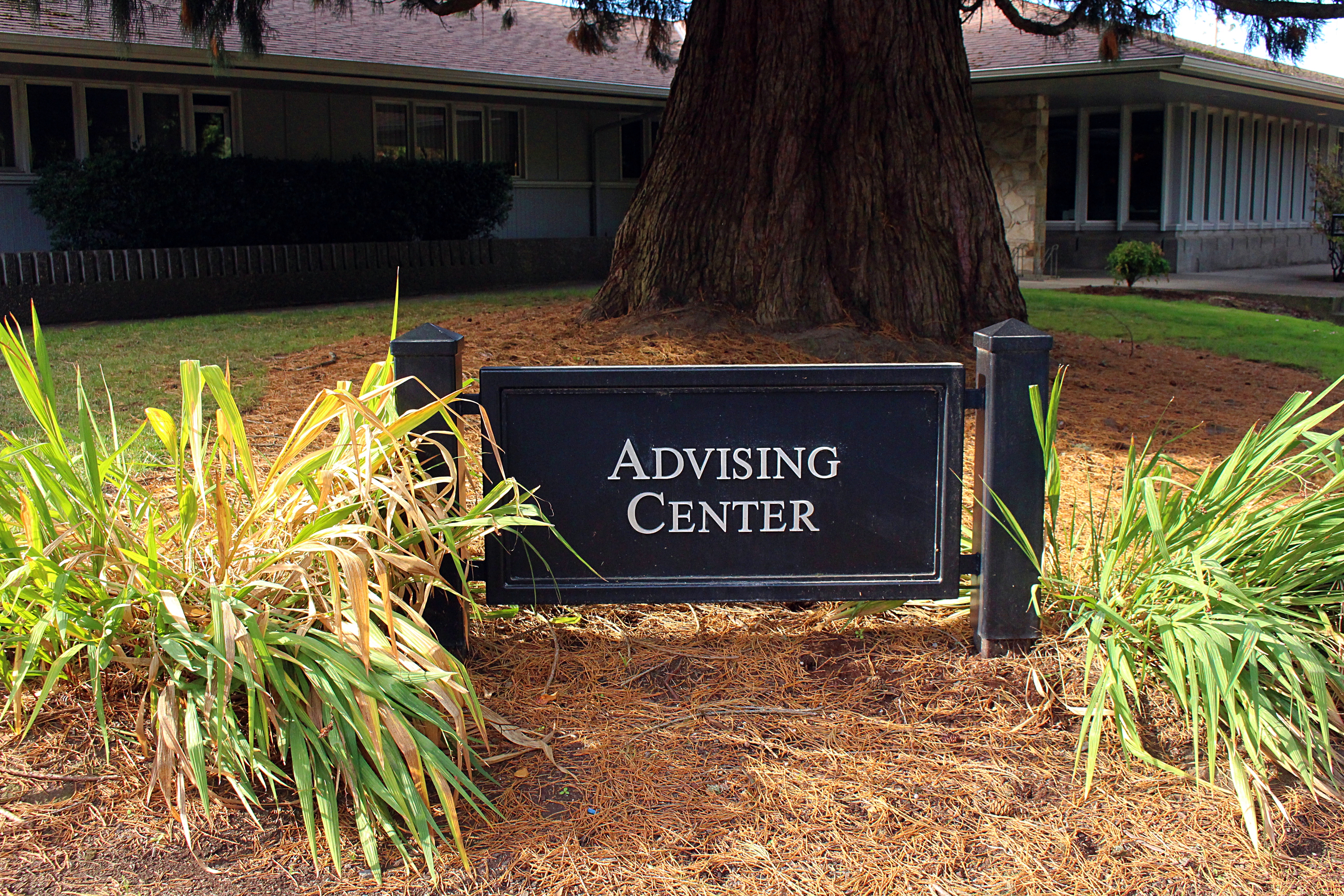Escrito por: Claire Phillips | Editora de Entretenimiento
Los peluches han sido un elemento básico de la infancia desde finales del siglo XIX. Además de ser un juguete suave y acogedor, ofrecen a las mentes jóvenes oportunidades ilimitadas para la creación y la imaginación. La alegría que aportan los peluches a las personas no tiene por qué limitarse a la infancia: pueden proporcionar ayuda psicológica a lo largo de toda la vida.
Para los niños, los peluches son herramientas que pueden ayudar a regular las habilidades sensoriales táctiles y actuar como un "amigo" para fomentar la seguridad. Especialmente para las personas neurodivergentes, estos beneficios pueden prolongarse hasta la edad adulta. Sin embargo, llevar un peluche cuando se es mayor de veintitantos años no está tan aceptado socialmente como cuando se es niño pequeño.
Admitámoslo: los adultos son más propensos a tener factores estresantes crónicos que los adolescentes. Entonces, ¿qué hay de malo en practicar todas las habilidades de autocuidado que podamos para regular nuestra salud mental? Muchos adultos de hoy en día, especialmente los estudiantes universitarios, también podrían aprender un par de cosas sobre la regulación sensorial.
Además, la forma en que jugamos con los peluches cuando somos niños puede influir en nuestro desarrollo social y emocional. Jugar con estos juguetes puede ayudar a los niños a practicar la empatía y la comunicación, a la vez que les proporciona un espacio seguro para expresar sus sentimientos. Se trata de habilidades fundamentales que se utilizan en la vida adulta cotidiana, como en el trabajo, la escuela o las relaciones personales.
No pretendo iniciar una tendencia ni nada parecido, pero es emocionante ver cómo los jóvenes adultos siguen disfrutando de cosas que en su día les hicieron felices. En mi opinión, las gominolas, los Squishmallows y los dinosaurios con peso de Target han sido popularizados por adolescentes y adultos más que por niños, su público original.
La moraleja de la historia es que, al fin y al cabo, si te sigue gustando acurrucarte con tu osito de peluche por las noches, no dejes que nadie te lo impida. Llévate tu peluche favorito a tu próxima cita con el médico. Guarda un pequeño amigo de apoyo en tu bolso para una entrevista de trabajo o un examen final. Te seguirán animando en todo momento.
Póngase en contacto con el autor en howlentertainment@wou.edu




